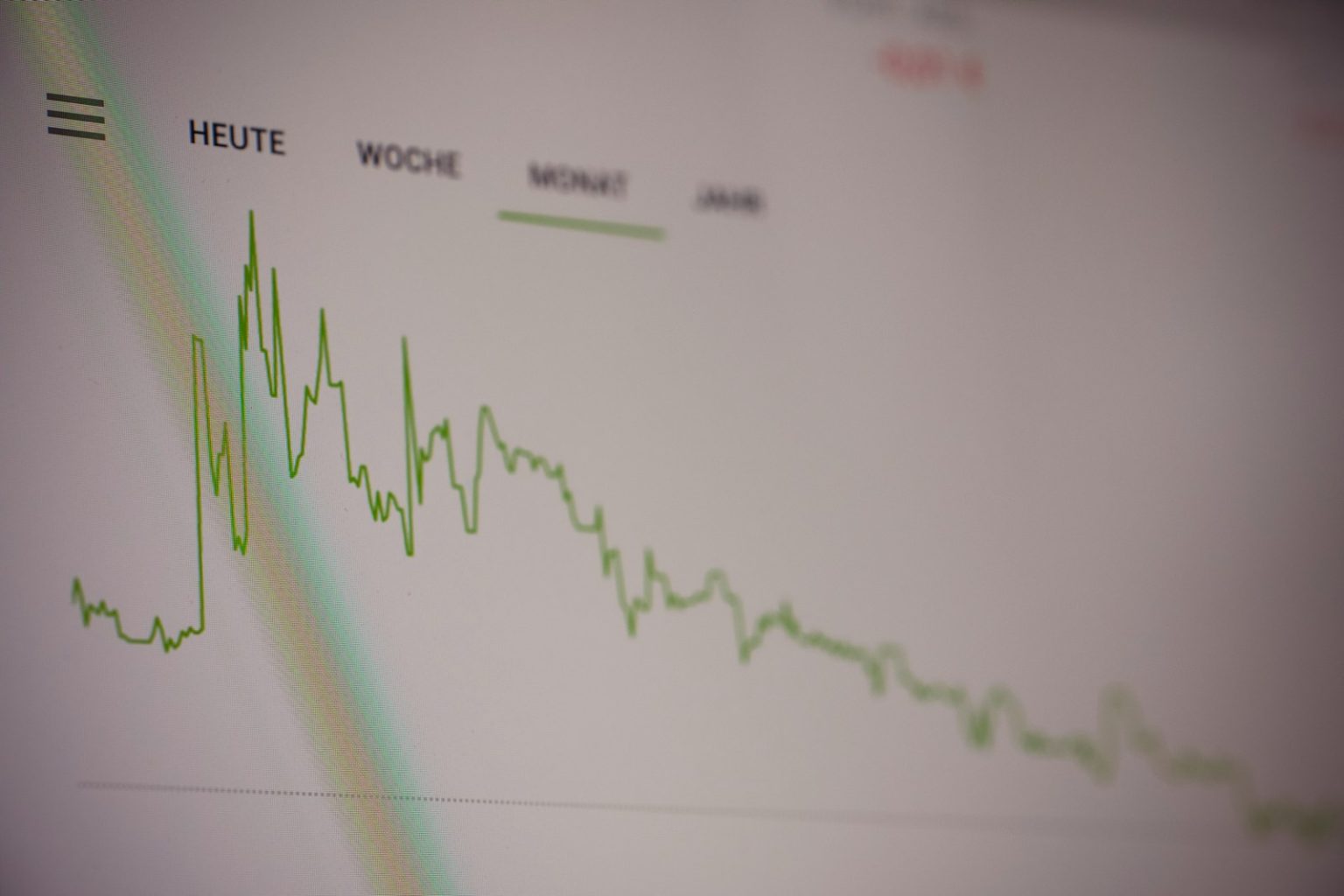The U.S. financial markets started the second week of July on a cautious and downward note as investor sentiment turned sour amid renewed fears of global trade disruptions. On Monday, July 7, 2025, Wall Street closed broadly lower, with major indexes dropping sharply in response to escalating tariff rhetoric from Washington, D.C., and uncertainty surrounding global economic policy. The Dow Jones Industrial Average dipped 49.37 points.
Meanwhile, the tech-heavy Nasdaq Composite retreated 188.6 points. The Russell 2000, a key benchmark for small-cap stocks, also underperformed the broader market with a significant decline. Political headlines primarily drove the latest market drop.
President Donald Trump announced potential 25% tariffs on imports from several key trading partners, including Japan, South Korea, and BRICS nations China, India, Brazil, and Russia. This move aims to restructure global trade relationships and has fueled anxiety across both domestic and international markets. These measures represent a significant escalation in trade tensions.
Investors were already wary of growing geopolitical risk, and the sudden tariff announcements acted as a shock to a market that had just begun stabilizing after recent gains. “All 11 sectors of the S&P 500 ended the day in the red,” noted one analyst. “We’re looking at a classic risk-off day, with investors rotating out of equities and into safer assets like bonds and the U.S. dollar.”
Investor anxiety was further intensified by drama surrounding Tesla, whose stock tumbled nearly 7% on Monday.
CEO Elon Musk dominated headlines after revealing his intention to launch a new political party, which President Trump promptly mocked. This high-profile clash unsettled shareholders, who were concerned about the increasing politicization of Tesla and the broader tech sector. The sell-off in Tesla shares had a cascading effect on the Nasdaq Composite due to the company’s weight in the index.
Analysts warn that Tesla could remain volatile in the short term, adding to the uncertainty in a market already grappling with external pressures. As equities sold off, investors sought refuge in more stable instruments. The U.S. dollar index (DXY) strengthened notably, driven by a flight to safety and rising U.S. yields.
The 10-year Treasury yield climbed to 4.36%, up from 4.18% on Friday, as bond prices dipped slightly amid strong demand.
Markets jittery amid trade tensions
Currency markets reflected broader investor unease.
As the dollar climbed, emerging market currencies weakened, particularly those tied to BRICS nations now under tariff scrutiny. The potential for a prolonged trade battle has prompted many global investors to reevaluate their currency exposure and hedging strategies. Technical analysts also weighed in on Monday’s sell-off, suggesting that the pullback may have been overdue.
The S&P 500 had closed above its upper Bollinger Band in seven of the previous eight sessions, signaling overbought conditions. Historically, such patterns have preceded temporary retracements. “Markets were overheated after a six-day winning streak,” one technical strategist commented.
“The tariff headlines were simply the catalyst that triggered a move lower.”
Volatility indicators also rose modestly, with the CBOE Volatility Index (VIX) climbing back above 17. While not yet signaling panic, the uptick in volatility is seen by many as a cautionary flag ahead of additional policy announcements later this week. Traders are now focused on upcoming developments, especially the looming European tariff deadline on July 9.
The European Union has requested clarification from the White House regarding new trade terms, and a failure to reach a mutual understanding could trigger a new round of retaliatory tariffs. Further volatility is expected as both sides ramp up rhetoric. “This isn’t just about tariffs anymore—it’s about geopolitical posturing,” said one senior economist.
“Markets hate uncertainty, and right now, we have a triple dose of it.”
Corporate earnings season is set to begin next week, and investors are eager to hear what company executives have to say about potential supply chain disruptions and their exposure to foreign markets. Analysts believe this will provide a clearer picture of the potential economic damage resulting from the current trade posture. In summary, the U.S. financial markets declined sharply on Monday, July 7, 2025, as concerns about a global trade war eroded investor confidence.
Key indexes posted their worst single-day losses in weeks, with all sectors finishing in negative territory. Concerns surrounding new tariffs, political infighting, and uncertain foreign policy contributed to the widespread retreat from the market. While the year-to-date performance remains positive for major indexes, Monday’s session served as a stark reminder of how quickly sentiment can shift in today’s headline-driven environment.
As geopolitical developments continue to evolve, market participants are bracing for further turbulence in the days and weeks ahead.







